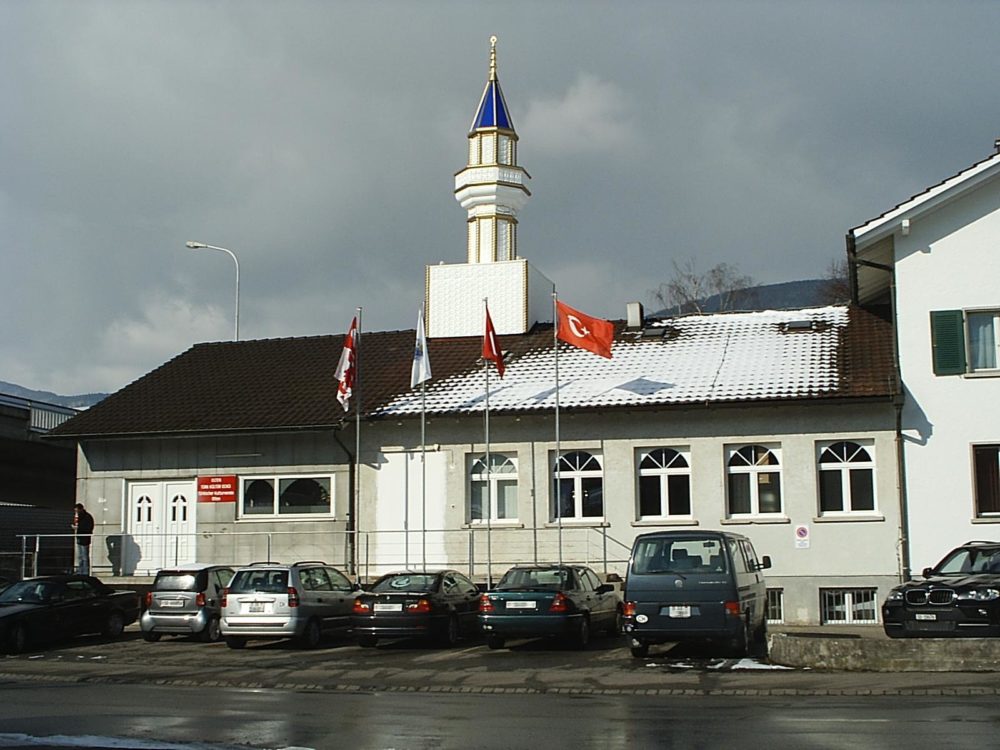 Menu
Menu
 Menu
Menu
Democracy and the rule of law are under pressure around the world...
In summer 2018, Ontario’s provincial government legislated that Toronto’s city council would be cut from 47 to 25 councillors. The move happened during the civic election nomination period. Put another way, the rules of an election were changed after it was already under way.
Ontario has the constitutional authority to determine the size of Toronto city council, meaning that the move was consistent with the rule of law. However, many observers believed that the cut was an act of vengeance. Ontario’s premier, Doug Ford, was a former Toronto city councillor who had an acrimonious relationship with many Toronto city councillors. By reducing council, several councillors would be unable to be re-elected to city hall.
Does the rule of law necessarily prevent the abuse of power?
Four out of five Polish people believe that their courts need reform. With the vast majority demanding change, Poland’s government made sweeping court reforms in recent years. Some were needed improvements, however, critics charged that many reforms undermined the independence of the courts.
One controversial change was the lowering of the mandatory retirement age for judges. This forced many sitting judges into retirement, allowing the ruling party to appoint its political allies in their place. Worried that judicial independence was being undermined, tens of thousands of Poles took to the streets to decry the reforms.
When the masses demand a change, does it necessarily mean that change will be for the better?
Poland’s highest judge, Małgorzata Gersdorf, called the retirement law a “purge” and refused to step down.
Minarets are towers on mosques, somewhat similar to church steeples. When Switzerland’s highest court affirmed the right to construct minarets in that country, aggrieved citizens forced a nationwide referendum on whether or not to ban minarets. While the debate was ostensibly about architecture, critics charged that the referendum was meant to send a message about acceptable religions in Switzerland.
Citizens voted 57.5% in favour of the ban. Switzerland’s government did not like the result, but was constitutionally required to change the constitution. The Swiss constitution now reads “Freedom of religion and conscience is guaranteed.... The construction of Minarets is prohibited.” The contradiction between these two statements is obvious.
What are reasonable limits on religious freedom in a liberal democracy?

The minaret on Wangen bei Olten’s Islamic community centre sparked the debate, becoming the last minaret built in Switzerland.
Hungarian law guarantees freedom of the press. However, the government uses financial pressure to silence critical media outlets. Government advertising contracts are selectively awarded to pro-government media: One study showed that 80% of state spending on online advertising went to a pro-government website. Meanwhile, many businesses close to the ruling party follow the government’s lead, withholding advertising from critical media. Other businesses simply avoid advertising on critical media because they do not want to fall out of favour with the government.
By starving critical media of advertising revenue, several outlets have been forced to sell out to pro-government media companies. Other critical media have simply changed their editorial stance to a pro-government position, in order to stay in business.
Is the press really free if advertising dollars are required to stay in business?